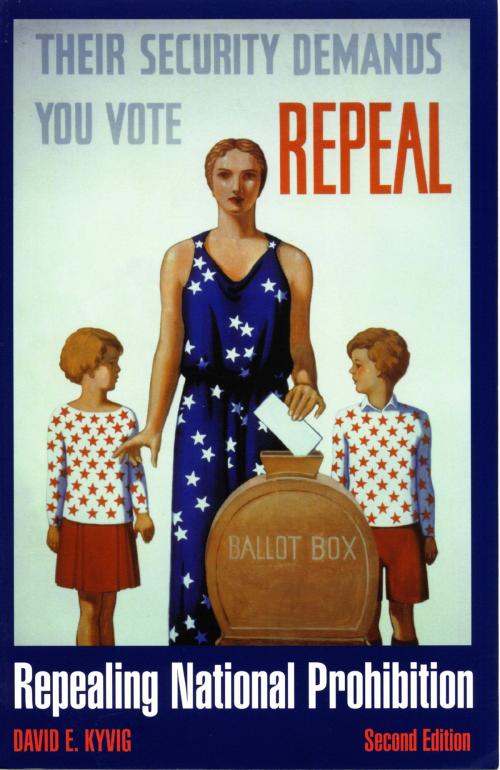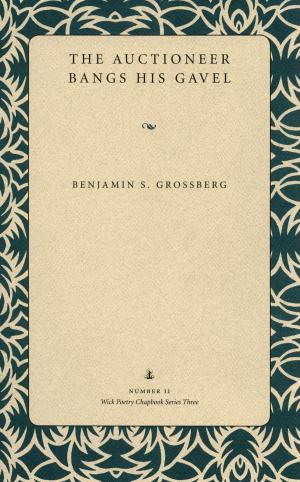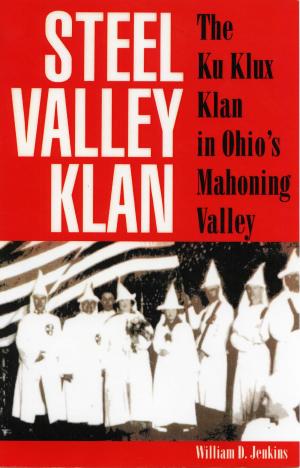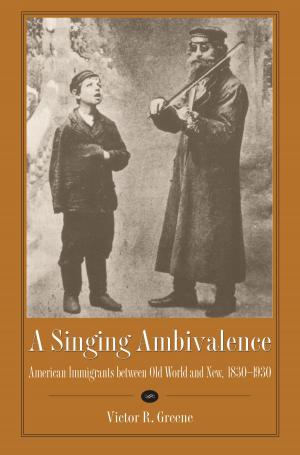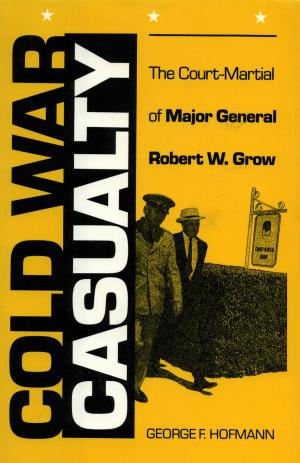| Author: | David E. Kyvig, Hans P. Krings | ISBN: | 9781612772561 |
| Publisher: | The Kent State University Press | Publication: | November 15, 1996 |
| Imprint: | The Kent State University Press | Language: | English |
| Author: | David E. Kyvig, Hans P. Krings |
| ISBN: | 9781612772561 |
| Publisher: | The Kent State University Press |
| Publication: | November 15, 1996 |
| Imprint: | The Kent State University Press |
| Language: | English |
In this new edition of the most comprehensive study of the political reaction against the Eighteenth Amendment, a response that led to its reversal fourteen years later by the Twenty-first Amendment, David E. Kyvig examines the operation of the national liquor ban, discusses central issues of U.S. constitutional development, and illuminates continuing public policy issues of alcohol and drug control.
Employing previously unexamined archival evidence, Kyvig calls attention to a little-known but broad-based bipartisan movement led by the Association Against the Prohibition Amendment and the Women’s Organization for National Prohibition Reform. These organizations ad their allies amassed political power, particularly within the Democratic party. In the midst of the Great Depression they engineered a complicated, yet very democratic process of formal constitutional change, in the end achieving the only amendment reversal in U.S. constitutional history.
In this new edition of the most comprehensive study of the political reaction against the Eighteenth Amendment, a response that led to its reversal fourteen years later by the Twenty-first Amendment, David E. Kyvig examines the operation of the national liquor ban, discusses central issues of U.S. constitutional development, and illuminates continuing public policy issues of alcohol and drug control.
Employing previously unexamined archival evidence, Kyvig calls attention to a little-known but broad-based bipartisan movement led by the Association Against the Prohibition Amendment and the Women’s Organization for National Prohibition Reform. These organizations ad their allies amassed political power, particularly within the Democratic party. In the midst of the Great Depression they engineered a complicated, yet very democratic process of formal constitutional change, in the end achieving the only amendment reversal in U.S. constitutional history.
